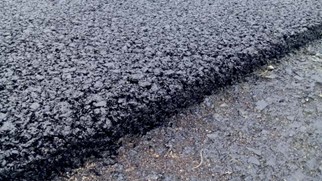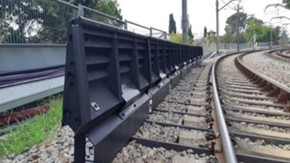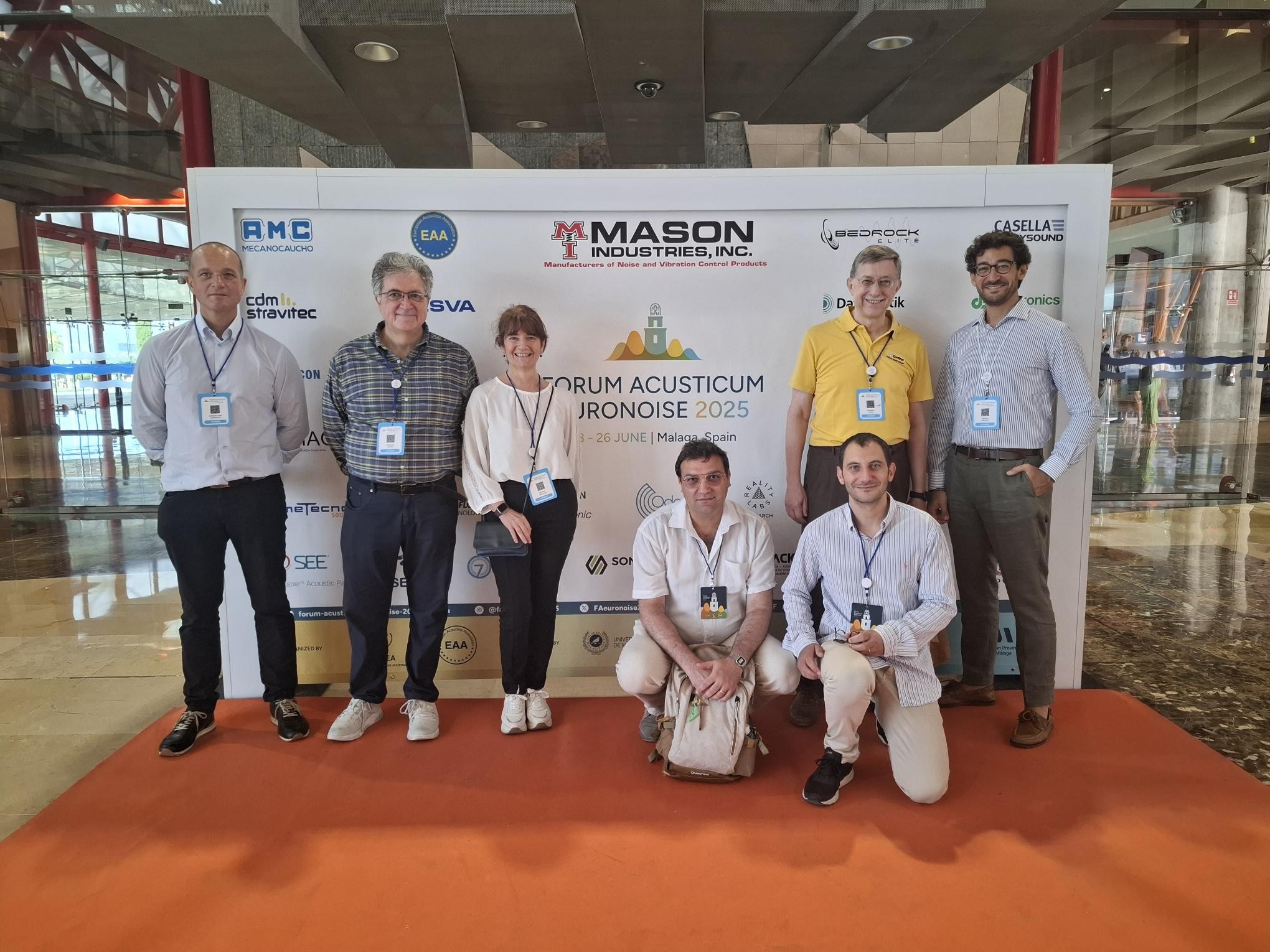Italferr is working for more sustainable and quieter mobility, on rail and road
Many urban areas are criss-crossed by roads and railways, which offer huge opportunities for development and better connections but also significantly impact the quality of life of residents. In particular, increased exposure to noise pollution is one of the main challenges that need to be addressed to ensure more livable and sustainable urban environments. Italferr is keenly committed to solving this problem by actively participating in European research projects focusing on innovative and sustainable solutions for mitigating road and rail noise.
LIFE SILENT Project
Italferr – in partnership with Anas, as the project coordinator, RFI, the National Research Council, ARPAT (Regional Agency for Environmental Protection of Tuscany), the University of Bologna, the University of Reggio Calabria, MOPI (Italian Society for Applied Research and Development of New Materials), and the TEBAID Consortium (set up the University of Cosenza for the development of Advanced Biomedical Technologies) – is one of nine Italian organisations included in the European research project called LIFE SILENT – Sustainable Innovations for Long-life Environmental Noise Technologies.
The project aims to design and test innovative and environmentally friendly solutions that can mitigate noise pollution, while at the same time using secondary raw materials, thus reducing economic, social and environmental impacts.
This is an ambitious goal that seeks to find alternative solutions to traditional noise barriers, which, due to their proximity to homes and their visual impact, tend to limit both visibility and air circulation, causing discomfort to residents.
The project focuses on two mitigation solutions:

- innovative noise-reducing paving materials, containing recycled and non-toxic materials, designed not only to reduce noise but also to cut costs and environmental impact

- low-height noise barriers, also made from recycled materials using innovative technologies, designed to reduce noise and impact on the landscape.
Pilot area
The pilot area for testing and evaluating these cutting-edge solutions is in Rome, in the Muratella district, a complex and densely populated neighbourhood in the XI Municipality. The area was chosen as a prime example of urban context crossed by major transport corridors, the Rome-Fiumicino Airport railway line, operated by RFI, and the A91 “Rome-Fiumicino Airport” motorway, managed by Anas. These infrastructures, essential for city and regional mobility, have an impact on noise pollution levels. The presence of a major railway and motorway in such a densely populated area requires the implementation of innovative noise mitigation solutions and a constant focus on sustainability. This trial therefore is a crucial step in the direction of balancing mobility needs with the social and environmental protection of particularly sensitive urban areas.

Italferr's commitment to the LIFE SILENT project
Within the LIFE SILENT project, Italferr is actively participating in several Work Packages, contributing both with its technical and engineering expertise and with a more holistic approach focused on environmental and social sustainability. In line with its integrated design vision, the company provides its know-how in the application of advanced environmental assessment methodologies, such as Life Cycle Assessment (LCA), to support decision-making and design processes.
The goal is clear: to integrate environmental and sustainability assessments into the core of the research and development process and defining effective, durable and low-impact infrastructure solutions.

One of Italferr's significant contributions to date is an in-depth study aimed at assessing the environmental sustainability of innovative road pavements with sound-absorbing properties, applying the Life Cycle Assessment (LCA) methodology.
The results of the study were presented in a scientific paper by the company’s Sustainability Unit at the Forum Acusticum – Euronoise 2025, held in Málaga (Spain) from 23 to 26 June 2025.
The LCA study analysed eight different asphalt mixes – both traditional and containing recycled and innovative materials developed in connection with the LIFE SILENT project – comparing their environmental performance from production to installation by calculating 38 environmental impact indicators.
Using updated databases, specialised software (OpenLCA) and applying international reference standards (ISO 14040-44, UNI EN 15804), the study reinforced the importance of a “Life Cycle Thinking” approach, achieving two objectives:
- assessing the environmental impacts associated with the use of innovative materials, such as so-called “crumb rubber” (from end-of-life tyres);
- identifying numerous areas for improvement for developing the project mixes towards more environmentally sustainable solutions.
The results of the study show that the use of recycled materials, although requiring more complex production processes can reduce their environmental impact compared to conventional processes, if properly managed. Furthermore, benefits have already been observed in terms of reducing the use of virgin materials associated with the mixes developed under the SILENT project, thus promoting a more circular, efficient and sustainable infrastructure.
In the forthcoming project stages, in collaboration with the above-mentioned project partners, we will continue with the LCA study of new-generation railway noise barriers, demonstrating an integrated approach to sustainability that goes far beyond the tracks and breaks new ground.
Photo credit: progetto Silent
By the Sustainability Unit of Italferr